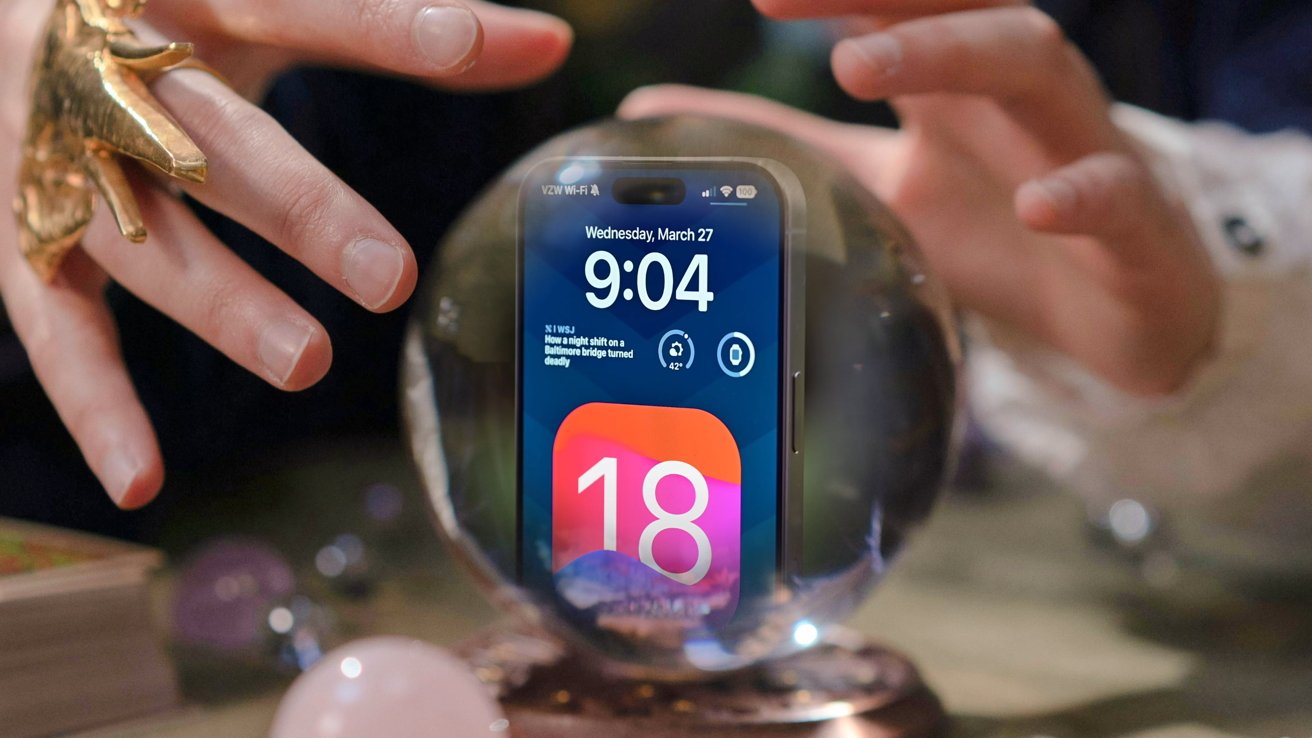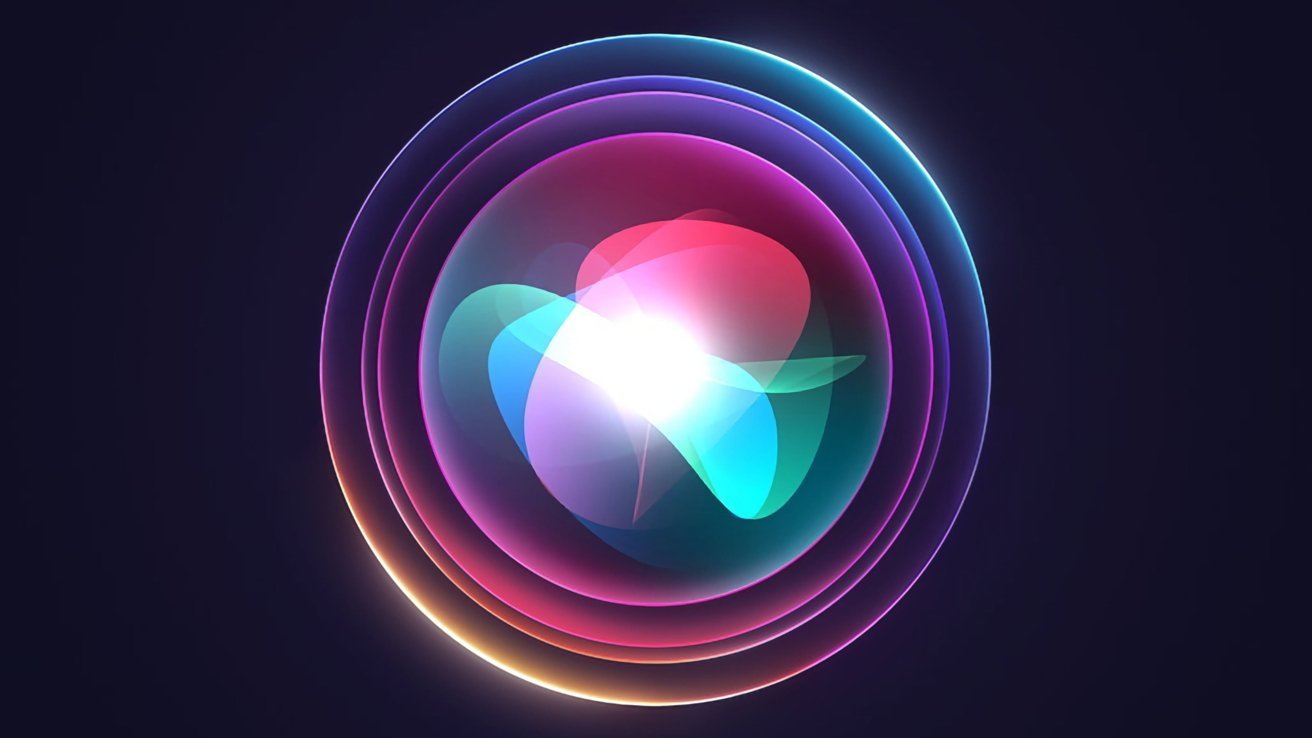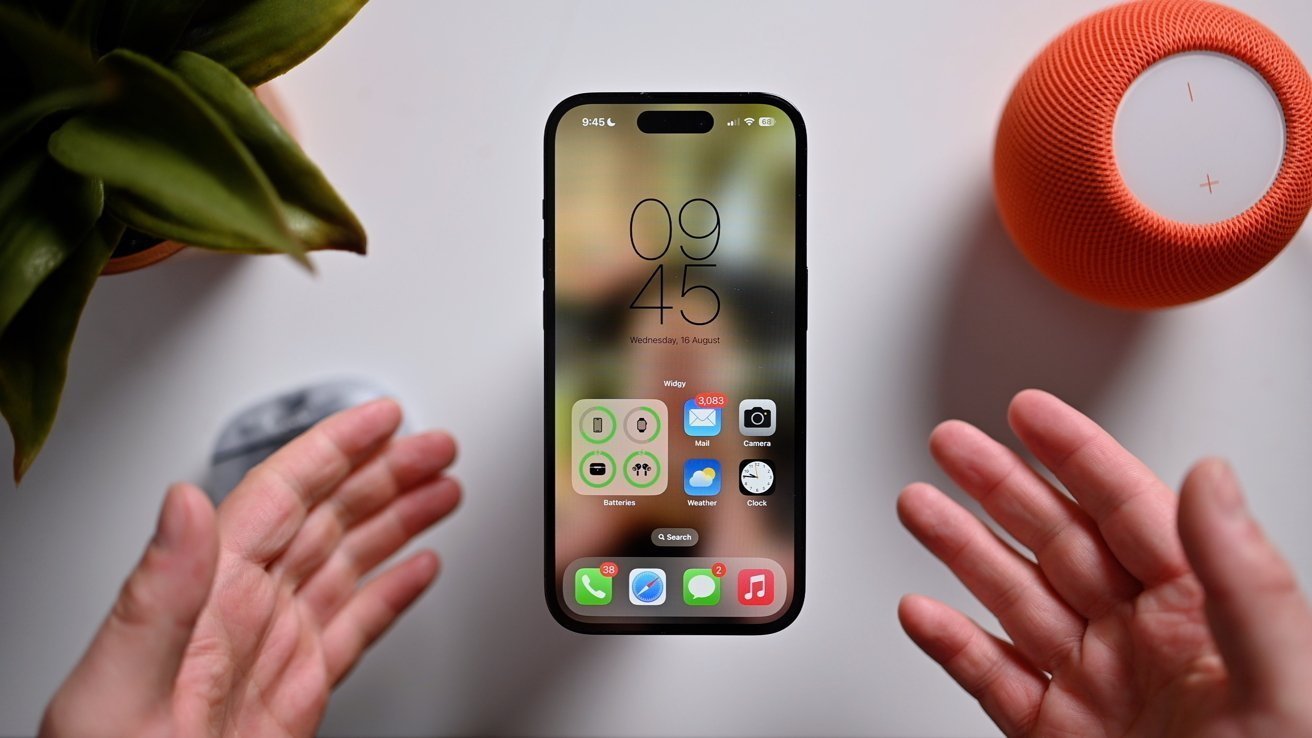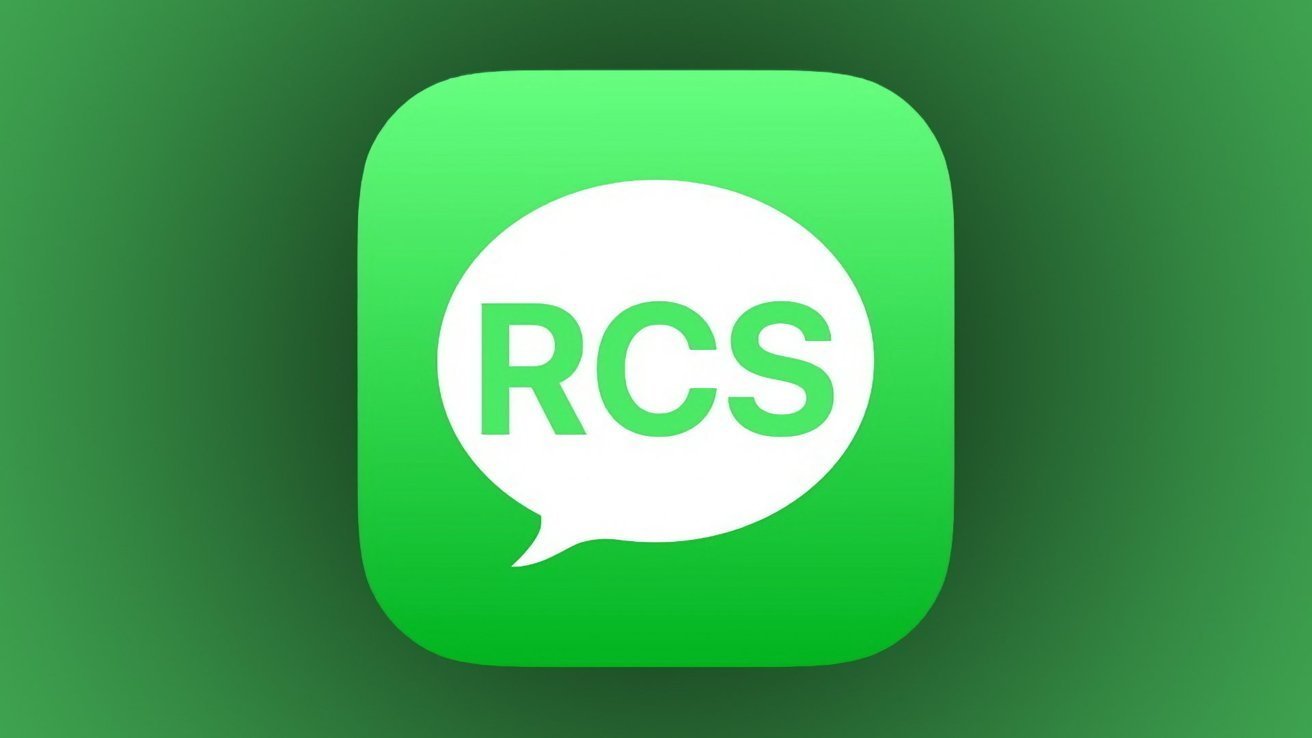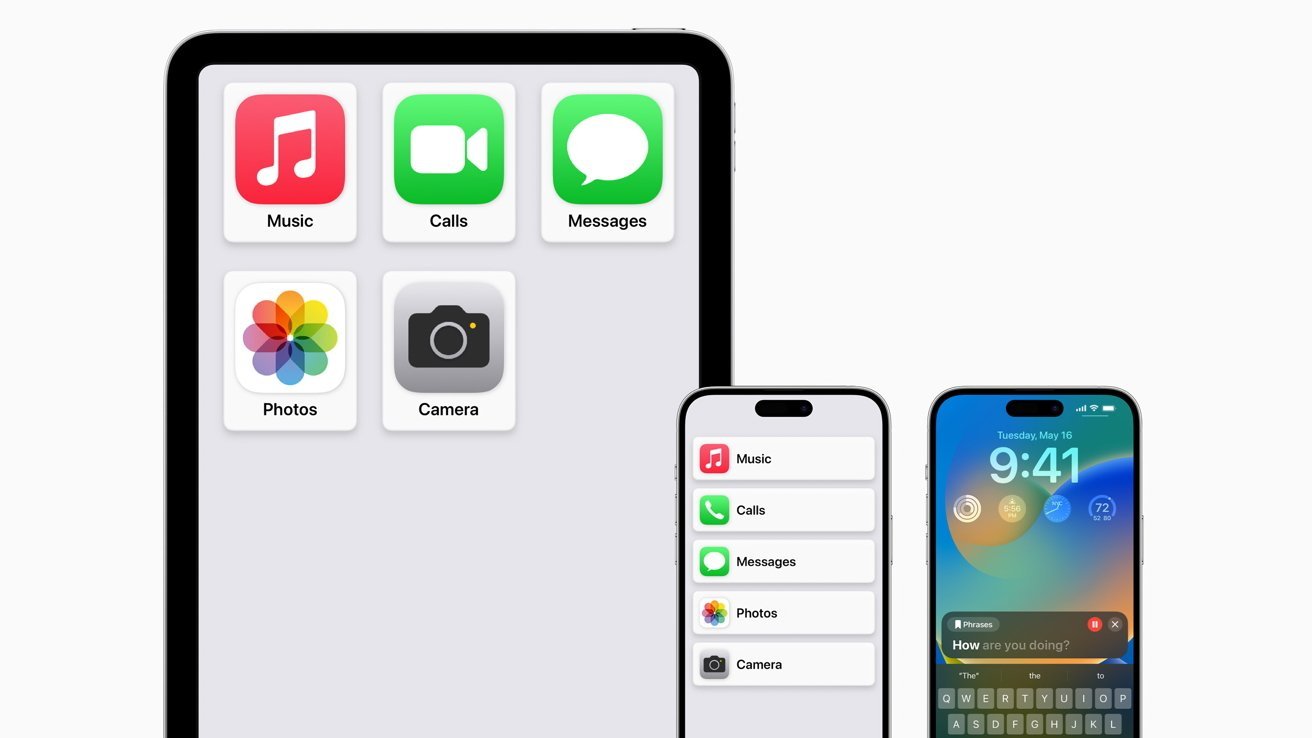Apple is just months away from showing off its iOS 18 update that will arrive in the fall. This is what the rumor mill suspects is on the way in the next version of the iPhone operating system.
WWDC, Apple’s annual gathering of developers that will take place from June 10 until June 14, is the venue for the tech giant to show off some of its future plans. The announcements during the keynote and throughout the week typically cover a lot of areas, but operating system changes are the main focus of proceedings.
With the iPhone being the main revenue generator for the company, Apple’s changes to iOS are closely watched by developers and industry observers. The next version, destined to be called iOS 18 unless Apple makes a massive change to its naming system, will be just as important.
Following many rumors and reports about AI being worked on by Apple itself, iOS 18 could face considerable scrutiny, in an industry that is growing to embrace generative AI and machine learning.
What follows is a compilation of the rumors surrounding iOS 18, which should give an idea of what to expect Apple will show off this summer.
Siri’s AI boost
With the rise of ChatGPT, Google Gemini, and other LLMs in the tech industry, it’s understandable that quite a few rumors about Apple revolve around AI. That includes how it could affect iOS 18.
Given Apple SVP of Marketing Greg Joswiak gave a fairly hefty social media nudge that AI will feature at WWDC, and that CEO Tim Cook said more AI news is due in 2024, it’s fair to say that iOS 18 will incorporate some into its fall release.
In February, a report claimed the A18 chip intended for the 2024 iPhone refresh will use a Neural Engine with more cores, allowing it to more easily process machine learning tasks.
Though AI rivals have released chatbots, there are no expectations for there to be an Apple chatbot anytime soon. Instead, Apple’s changes will be feature-based, as well as a massive upgrade to its intelligent assistant, Siri.
One January compilation of job ads, AI investments, and research papers indicates that Apple is primed to make a big change to Siri. This inlcudes 21 acquisitions and investments in the field since 2017, as well as half of its job ads at the time including some reference to AI, Machine Learning, or Deep Learning.
In Siri, this could manifest in more personalization and natural conversation flows, on top of its existing slightly stilted conversational style.
The beta for iOS 17.4 also appeared to include signs of AI changes to Siri, with evidence that four different AI models were being tested. Two versions of AjaxGPT, Apple’s in-house LLM, appeared, with one employing on-device processing while the other relied on external servers.
More AI features
Siri isn’t the be-all-and-end-all of Apple’s AI work, with it already incorporating machine learning features into various bits of its operating systems, and apps.
A January 7 leak listed off AI changes to iOS 18’s apps, including the addition of auto-summarizing and auto-complete tools for Pages and Keynote. Apple has also added “iWork.ai” to its domain name roster, which helps bolster iWork speculation.
Apple Music will also apparently gain more AI elements, such as automated playlist generation.
While not strictly about iOS 18 apps, Apple could also make it easier for developers to make them using the technology. There have been murmurs of an update to Xcode that includes code autocompletion features.
While not directly linked to tangible features, Apple has also been linked to other AI efforts, including image generation.
Apple and the University of California released an AI-based image editing model called MGIE in February. Other Apple researchers have also published a research paper on the creation of a test generative AI app called Keyframer, which let users describe an image and how it should be animated.
Along with its own work, Apple has also reportedly enquired about using technologies from Google and Baidu in some capacity.
There has even been speculation that Apple will open up an AI App Store, though that could easily be incorporated as a section within the main App Store itself, rather than being a separate entity.
Interfaces
While AI is expected to be a big part of the iOS 18 experience when it ships, there will almost certainly be a number of other changes to the operating system. That could include how users actually interact with the operating system.
On March 24, a newsletter insisted that Apple will make it a lot easier for users to customize their home screen in iOS 18. However, Bloomberg’s Mark Gurman didn’t go into details about the change.
There has also been a doubtful rumor that Apple will redesign iOS 18 to be more inspired by Apple Vision Pro, one which surfaced in early February. Later that month, Gurman wrote that Apple will be updating the design of iOS, but it would use glass textures or 3D buttons like visionOS since the aesthetic is made for headsets.
In November, reporting on a one-week development stoppage, Gurman commented that internal descriptions by Apple senior management said the updates will be “ambitious and compelling.”
Maps and Freeform
Outside of AI-based features, there have been some rumors about a few of Apple’s apps that should appear during WWDC.
Freeform, Apple’s infinite canvas app, will gain a new “Scenes” feature to help users navigate across large boards. Users will be able to select specific sections of the freeform board, embedding anchor points which can be jumped to quickly when selected in the user interface.
These scenes, like the canvas itself, can be edited and synchronized with others via iCloud.
Apple Maps could also get a brand new route-planning feature. Code found in late March indicates there is a back-end file called “CustomRouteCreation.”
If taken at face value, this could be a feature letting users create custom routes when planning a trip. Currently, users are only able to select from a group of specified routes, then have to add stopping points manually.
RCS, finally
After years of campaigning from Google, Apple announced in November that RCS messaging will be arriving on the iPhone in 2024. While Apple hasn’t advised of when that would be, it seems the most opportune time would be in iOS 18.
Support for the RCS Universal Profile published by the GSM Association will “offer a better interoperability experience when compared to SMS or MMS,” Apple said in a statement.
While good news for text users, the announcement isn’t exactly declaring cut-and-dry support. Apple won’t be adopting proprietary extensions to its implementation, such as Google’s one that adds end-to-end encryption, with it preferring to work with GSMA to add encryption to the main profile itself.
For Android users who hope RCS will put blue iMessage text bubble snobbery to an end, they’re out of luck. Apple will still continue to use blue bubbles for iPhone users and green for Android, even under RCS.
Accessibility features
Like other iOS releases before it, Apple will be enhancing the accessibility features of iOS 18 to make it better for users.
On March 7, the features rumored to be coming along include Voice Shortcuts. Vaguely similar to Siri Shortcuts, the feature could function without requiring the “Hey Siri” prompt beforehand, and it may end up being limited to activating other accessibility features.
Live Speech, which allows users to create phrases that can be spoken by the iPhone, will be bolstered by an organization upgrade. Category labels and 20 available icons will make it easier for users to select what they want the iPhone to say.
While users can already manage the size of fonts on a per-app basis in iOS, it does require apps to support it. Under a new improved font size control system, users will be able to control font sizes in more apps, including some system apps that don’t yet offer the functionality.
The accessibility changes may also impact the AirPods Pro, with rumors that a new hearing aid mode is in the works for iOS 18. While it already offers assistive features like Listen Live or Conversation Boost, the feature could simply make the AirPods Pro a viable alternative to hearing aids for some users.
Supported iPhones
One late February leak offered that the list of iPhones that will support iOS 18 will be the same as those using iOS 17.
The list includes all models from the iPhone XS and iPhone XR generation to modern models. The second and third-generation iPhone SE are also expected to support the operating system.


